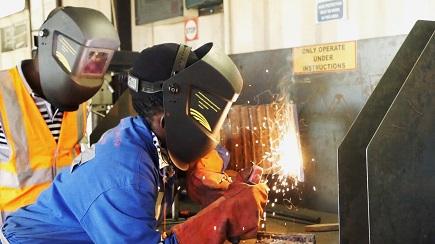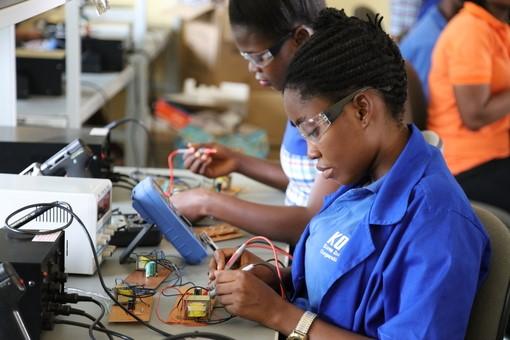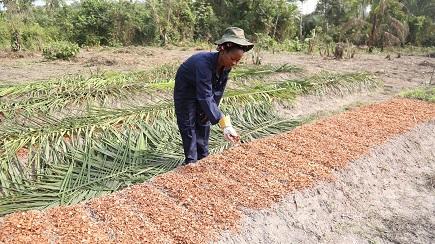Context
Economic growth, infrastructure development and a growing young population offer great potential for sustainable development in Africa. Major investments have created a demand for local workers, but a lack of qualified local experts and (supplier) companies prevails. This means the population and companies are unable to fully benefit from employment and development opportunities. Since 2020, the Covid-19 pandemic has disrupted investments and businesses in sub-Saharan Africa. New innovative solutions are needed that boost the local economy, secure long-term demand for jobs and maintain existing jobs. The private sector is a driving force in economic development, making it a key to any measures that create jobs and improve incomes.
Objective
Public-private cooperation has improved the employment and economic situation of job seekers, employees and companies.


